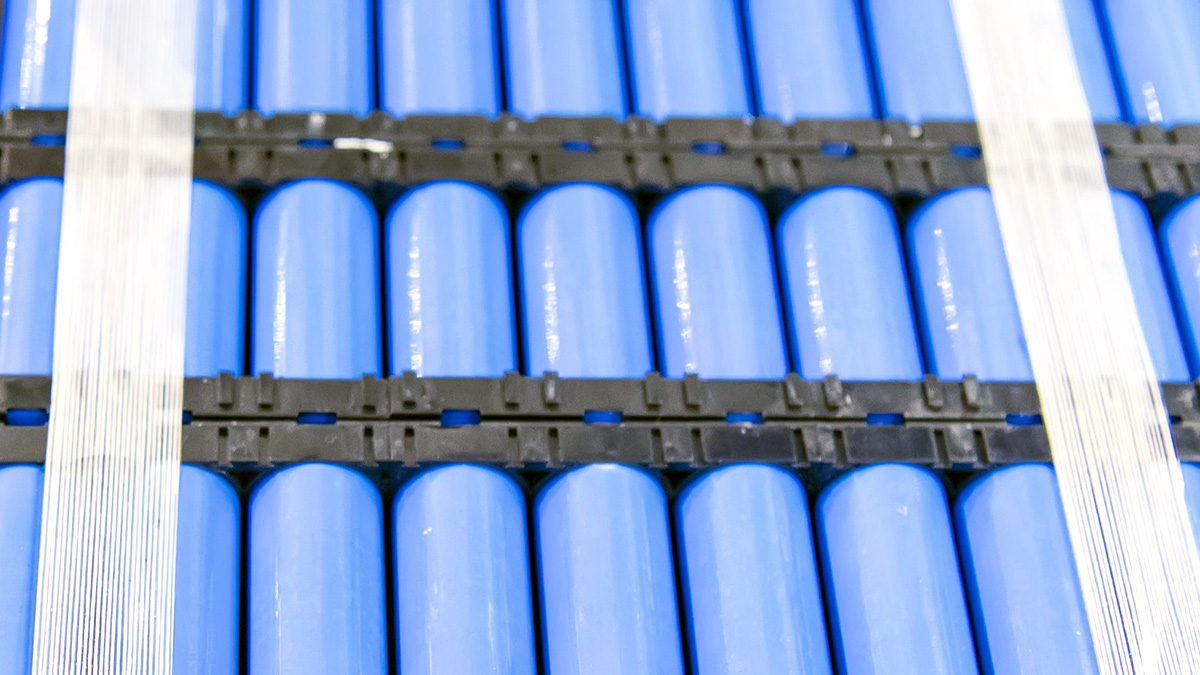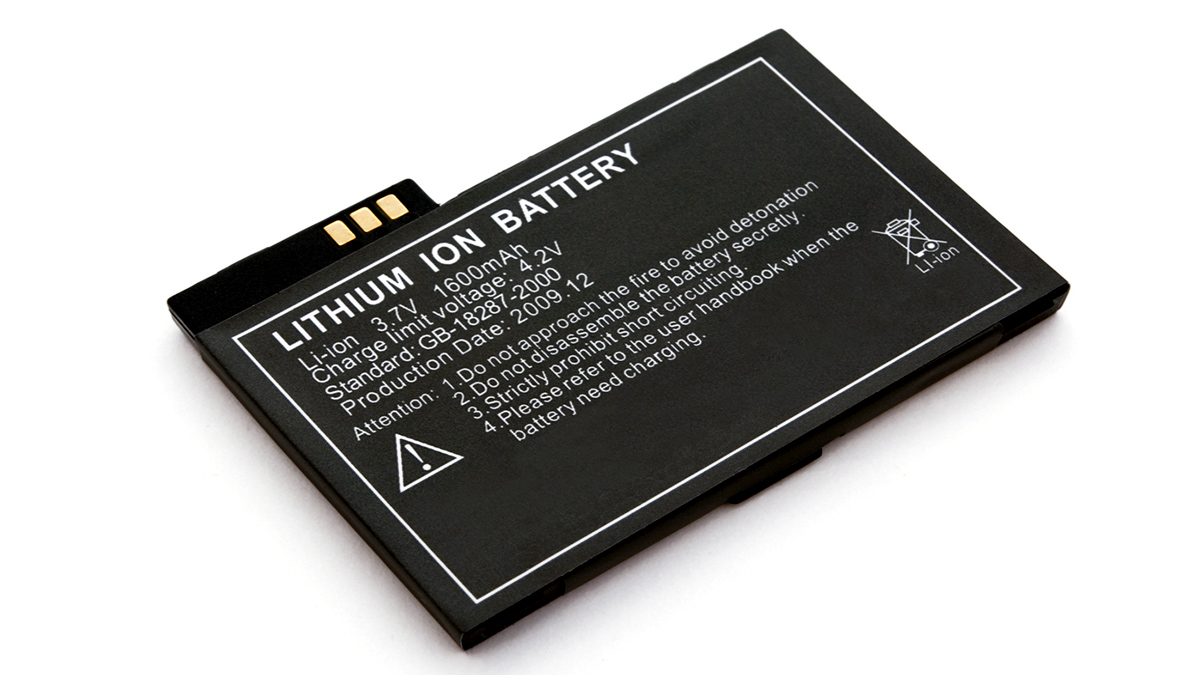Marine Battery Market is segmented by Battery Type, Ship Type, Function, Nominal Capacity, Sales Channel and Battery Density. The global Marine Battery Market was valued at $0.37 billion in 2021 and is projected to reach $1.99 billion in 2030, registering a CAGR of 20.5%.
The marine battery market is expected to grow due to factors such as an increase in demand for marine freight transportation vessels, the advantages of lithium-ion batteries over lead-acid batteries, and an increase in water sports and leisure activities.
On the other hand, the rise in adoption of hybrid and fully electric vessels, as well as increased automation in marine transportation, are expected to provide lucrative growth opportunities for market players.
An increase in demand for marine freight transportation vessels is expected to drive the marine battery market. Because of its cost-effectiveness, marine transportation is one of the most popular modes of transportation, particularly for freight transportation. Seaborne trade has seen significant growth in recent years.
Due to their cost-effectiveness, lead-acid batteries are currently the most widely used in marine vessels for various applications such as engine start-stop and lighting. Furthermore, these batteries are widely available in a variety of off-the-shelf pack sizes, so there’s no need to worry about running out. Lithium-ion batteries have become increasingly popular for marine applications in recent years because they have the highest electrochemical potential, which means they can generate higher battery voltage than other batteries. Lithium-ion batteries have a very low resistance, which allows for much faster charging with very little loss. This factor is expected to drive the growth of the marine battery market.
To comply with the International Maritime Organization 2020 (IMO 2020) mandate, which mandates a maximum sulphur content of 0.5% in marine fuels, shipbuilding companies and operators are moving toward emission-free transportation. As a result, the marine industry is seeing an increase in the use of hybrid and electric propulsion in both existing and new build ships. This in turn is expected to drive the growth of the marine battery market.
Furthermore, Hybrid propulsion technology is currently best suited to small vessels like ferries and cruise ships. However, as marine electric propulsion technology and alternative fuels such as fuel cells advance, manufacturers will have a huge opportunity in the marine battery market.










